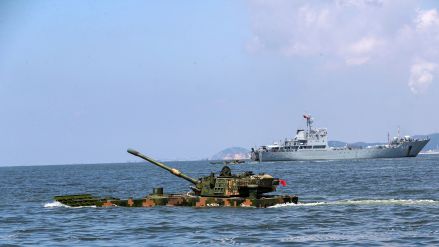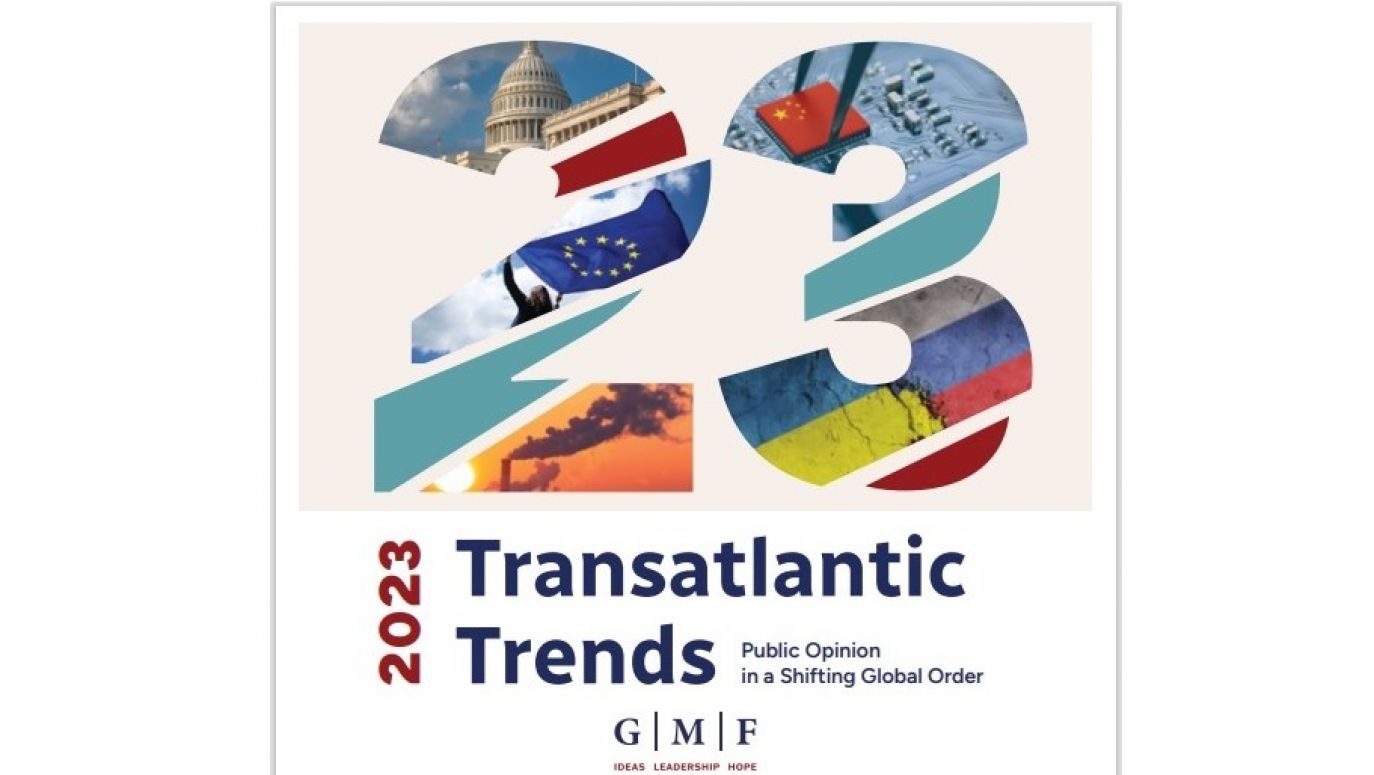At this point, it’s worth recalling the American report published at the beginning of this year about potential war scenarios over Taiwan. The report revealed that the US military is not 100% certain that it would win such a war. Moreover, in any case, the human and equipment losses would be massive. When discussing this report, I concluded that its publication might have been intended to “acclimate” the American and global public opinion to the realities of a possible armed conflict with China. If that was the intention, things probably did not go as anticipated.
Another reason for Chairman Xi to be satisfied should be the growing belief among Atlantic societies that China is a power, and a growing one at that, in contrast to the United States. While the US remains and will remain the world’s largest player in the near future, its significance is declining. Currently, when asked who has the most influence in the world, the response is America (64%), the European Union (17%), and China (14%). However, when asked about the situation in five years, the picture changes dramatically: only 37% believe the US will dominate, 30% point to China, and only 14% to the European Union.
 SIGN UP TO OUR PAGE
SIGN UP TO OUR PAGE 
Furthermore, there’s a clear divide between American and European views. Europe is also divided between the more “American” parts (Poland, Lithuania, Portugal) and the “old Europe” (Italy, France, Germany). In the US, three times more people believe their country will remain the most powerful than believe in China’s rise (59% – 22%). Similarly, almost half of Poles and Lithuanians (45% and 48% respectively) bet on America, while only one in seven (18% and 15%) bet on China. In Western Europe (except Portugal), the proportion is the opposite: in Italy, twice as many people believe that in five years, China will be the most important in the world, not the US (51% vs 25%). In France, the numbers are nearly identical (42% vs 25%), and in Germany, the proportions balance out, but still, more respondents believe in China’s rise over America (34% to 31%).
However, recognizing China’s rising prominence doesn’t equate to an endorsement of its global actions. On the contrary, in all countries except Romania and Turkey, a higher percentage of people view China’s influence negatively than positively. In Germany, 63% view it negatively versus 18% positively. In France, the ratio is 57% to 26%, and in Italy, 52% to 31%. In America, 58% view China’s influence negatively, and 26% see it positively. These results are strangely inconsistent. It seems that Europeans, especially the “old” ones, are overtaken by a kind of resignation. They see the rise of an Eastern superpower and predict it will become even mightier, yet they believe its global influence is harmful. Americans similarly assess China’s role but optimistically believe they will prevail and continue to dominate globally. It’s a spirit of fight versus a spirit of resignation. Poland and Lithuania clearly side with America. How much of this is awareness, and how much a spirit of solidarity?
Let’s look at the responses about current cooperation with China. From many areas, I chose two that are particularly important for Chinese leadership: new technologies and trade. It turns out that in both these fields, a higher percentage of people believe we should cooperate more with China than those who want a tougher stance towards Beijing. In new technologies, it’s 40% to 26%, and in trade, 35% to 30%. Here, a divide is revealed between the US and its transatlantic partners; in the US, the proportions are the opposite: for new technologies 28% to 33%, and for trade 26% to 39%. On our side of the Atlantic, the Turks are the most enthusiastic about cooperation, with seven times as many supporters of cooperation as supporters of a tough policy. Even in economically significant Germany, there are more people who would prefer cooperation in new technologies (37%) and trade (30%) than restrictions (24% and 26%). Interestingly, in Lithuania, which has a very hard political course towards trade with China, a vast majority of respondents disagree with the government’s policy: over half want cooperation, and only a few percent support a tough stance.


 SIGN UP TO OUR PAGE
SIGN UP TO OUR PAGE 





